How to stand out on China’s enormous, noisy, and fast-evolving social networks is a puzzle brands are constantly striving to solve. While there is no one-size-fits-all formula, brands’ success stories seem to suggest time and again that creativity wins—and is amplified when it’s paired with the appropriate influencer marketing strategies. Below, we have identified a number of brands in categories from beauty to fashion to travel that have hit the mark with out-of-the-box viral campaigns that incorporate strategies like product seeding, offline experiences, and engaging micro-tier influencers.
M.A.C. x Honour of Kings Makeup Tutorial by Melilim Fu
M.A.C. Influencer Marketing
One would hardly think that a makeup label would pair well with a mobile hero game, but that’s just what M.A.C. did—extremely successfully—with one of its most recent crossover campaigns. Recognising the major draw of anime and mobile gaming for China’s Gen-Z, M.A.C. teamed up with Tencent to create limited-edition lipsticks themed around the League of Legends-like game “Honour of Kings”. The unlikely partnership stemmed out of the fact that most of Honour of King’s players are female and often mentioned M.A.C. when describing the female anime characters’ lip colours. M.A.C. created five shades to pair up with five heroes and enlisted both young female idols from the hit reality show Produce 101 and top influencers to produce what would become a viral online collaboration.
While all of the lipsticks sold out within a day, the campaign lives on in a new experiential retail space in Shanghai. Here, customers can virtually try on lipsticks and, using the brand’s WeChat mini program in the store, customise eye shadow shades created by top influencers.
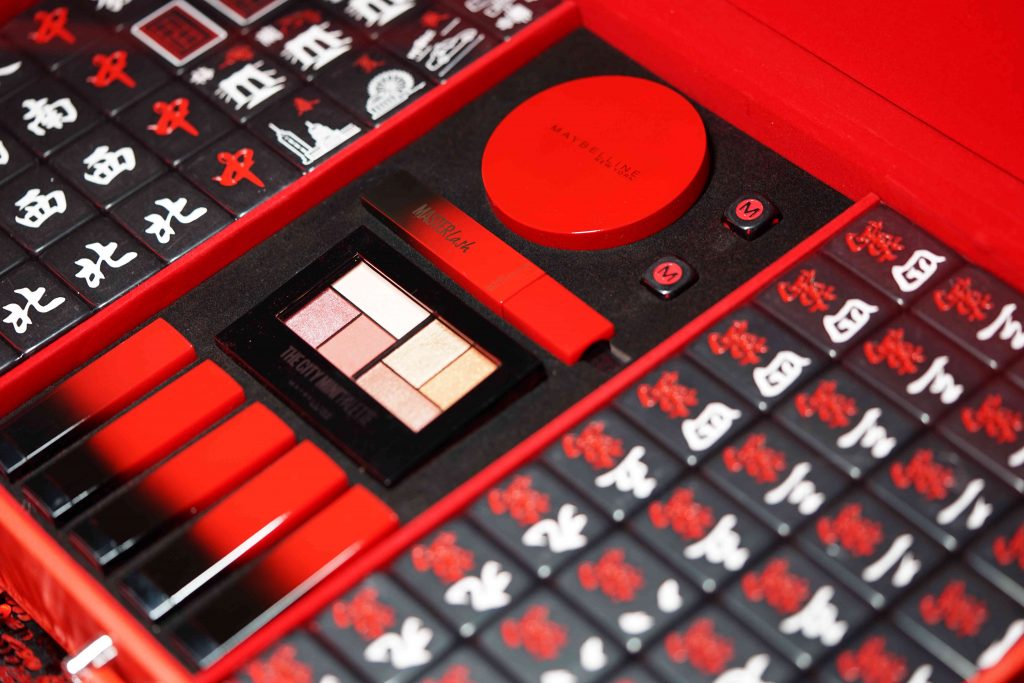
Maybelline Influencer Marketing
Maybelline has long been topping the charts with its China beauty influencer marketing game. In 2016, the makeup brand under the L’Oreal Group leveraged influencers and the popularity of live-streaming to sell 10,000 lipsticks in two hours. A year before that, Gartner L2 intelligence group named Maybelline among the top 10 beauty brands in China, praising its digital performance, specifically on Youku. The brand’s channel was the most viewed, with four times the amount of views as the next most popular brand, thanks to a series of Maybelline-sponsored transformation videos on a CCTV6 reality show.
This Chinese New Year, the brand demonstrated that what you do offline can be just as important as online. In a prime example of product seeding, Maybelline sent their influencer marketing collaborators, bloggers and VIP customers a lipstick-themed mahjong set to coincide with the launch of their new “Red on Fire” lipsticks (the lipsticks were included in the mahjong box). Their attempt at a creative way to connect with Chinese culture during the holiday proved to be a hit, creating a social media buzz and resounding envy from influencer followers—even top fashion blogger Gogoboi said it was one of his favourite two items received during the season.
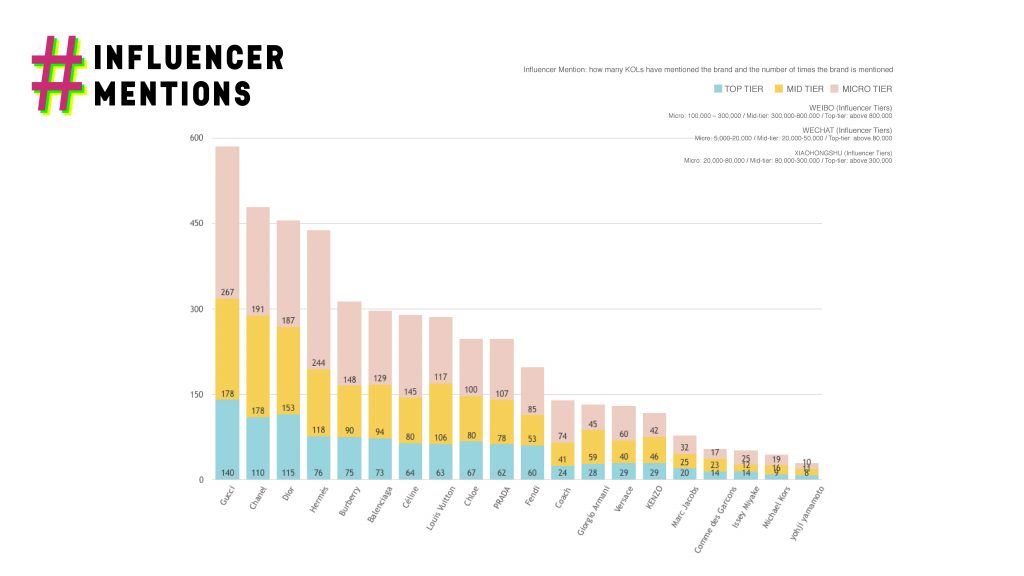
Gucci Influencer Marketing
Aside from a design overhaul by Alessandro Michele that gained attention worldwide for its fresh, edgy youth appeal, Gucci also leads its luxury counterparts in its knack for wooing Chinese millennials on social media. “Gucci joined China’s social media game relatively late, but now sets social media aesthetic standards,” writes the PARKLU Luxury Report published last year. “Gucci has also been able to connect with China’s youth in a way no other luxury brand has been able to attain.”
The luxury brand is among those with the highest exposure rate and reach, with influencer mentions ranging from top-tier to micro-tier influencers. Posts with particularly high engagement from influencers included one short video on Weibo from fashion and beauty blogger, @大佬甜er , who included a Gucci bag in her top recommendations for spring buys, along with a product giveaway. On Xiaohongshu, the brand was mentioned in a post by @深夜徐老师 who writes lighthearted, comedic posts on the fashion trends of China’s young celebrities and wanghong. The post received more than 4,500 likes, more than 700 comments, and more than 2,800 favourites.
Gucci recently took their influencer marketing relationships a step further with a virtual influencer campaign on WeChat last summer. Titled, “Why Are You Scared of Me?”, the campaign features a AI-powered robot created in a Japanese lab, who takes on the persona of 23-year-old “Erica,” dressed head to toe in the Italian fashion house’s latest clothing collection. The initial post resonated well with audiences, but PARKLU Chief Marketing Officer Elijah Whaley told Jing Daily that the virtual influencer trend is still really about the creative capability of the person behind the digital avatar.
“Ultimately, the long-term popularity of these cyber-enhanced influencers will come down to their ability to create value for their audiences,” he said.
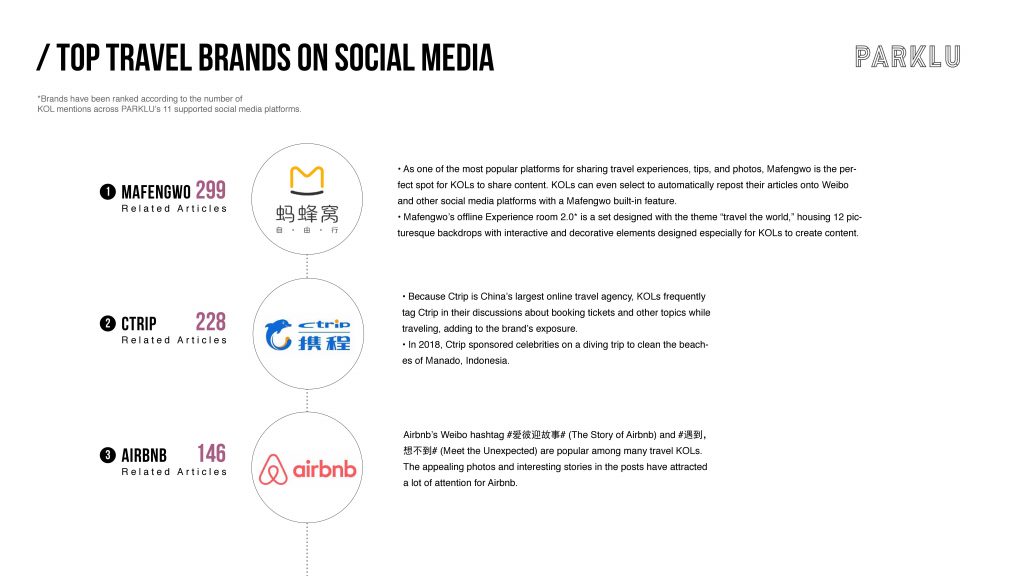
Airbnb Influencer Marketing
In 2017, Airbnb announced it was boosting its efforts and manpower in China to appeal to millennial travellers, and in turn, kicked off its social media game with a strong lineup of KOL and celebrity collaborations. Since then, the travel company continues to make digital waves—according to the PARKLU Travel Report published last year, Airbnb ranked number three in the top travel brands on social media according to influencer mentions across 11 platforms. They have an especially robust presence on Weibo, where the hashtags #爱彼迎故事# (The Story of Airbnb) and #遇到, 想不到# (Meet the Unexpected) are attached to appealing visuals and rich content among travel influencers.
Of course, the brand continues to face competition from local competitors, making it imperative that they stay active and relevant to their young audience with appealing content and themes. In one particularly successful (and ongoing) influencer marketing campaign, Airbnb changed the tune of Chinese New Year travel to encourage millennials to bring their parents with them on a trip abroad during a holiday period that’s traditionally devoted to spending time at a parents’ or grandparents’ home. With the help of young influencers, Airbnb promoted the idea of travelling “My Way” by charting their explorations with their families through video and photo content.
This particular localisation strategy tugged at the heartstrings of young travellers like Linda Yao, who writes, “As the 1980s and 1990s kids grow up and life becomes more convenient and tech-driven, family time has become more rare and less traditional than before. This was the case for my family. My parents took me to Thailand instead of visiting my relatives. My grandparents sent me virtual red envelopes over WeChat while I called back to send my greetings (拜年). To be honest, it’s bittersweet.” Airbnb’s campaign, which encouraged bringing generations of family members together under the millennials’ leads, continued to fuel this sentiment in 2019.
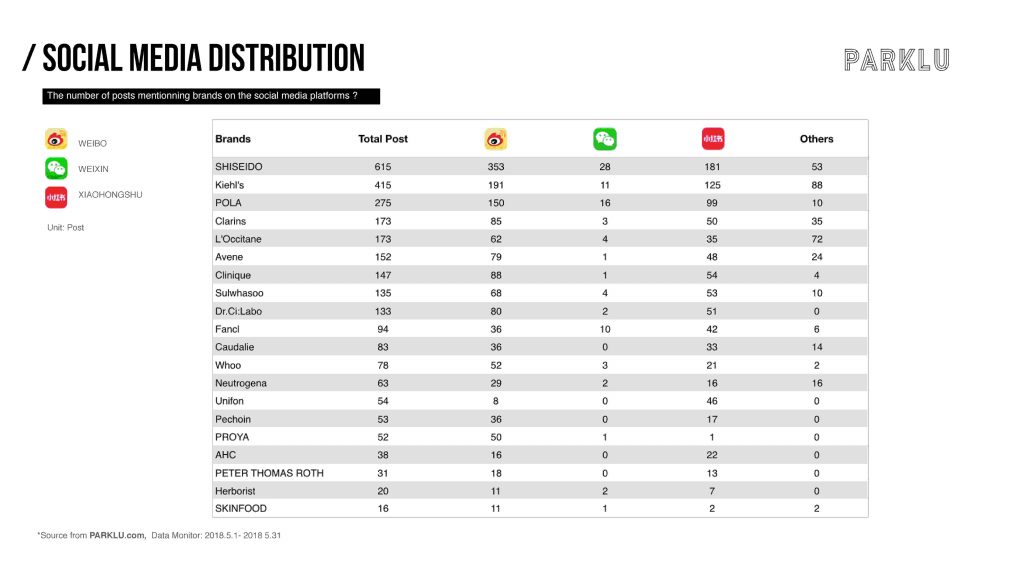
Shisheido Influencer Marketing
The Japanese skincare brand announced in December 2018 that starting this year, it would bolster its influencer marketing strategy and overall presence in China. Yet its achievements on this front have already been apparent, with the brand ranking first in awareness, and topping performance charts on Xiaohongshu and Weibo compared to other brands in the skincare category, according to the PARKLU Skincare Report. They’ve been a star at travel retail, working with mainland influencers through product seeding to raise awareness of its exclusive skincare sets in destinations like Hong Kong, Japan, and Singapore.
But this year they’re ramping up their experiential retail game, with plans to create a “multisensorial” art installation in Singapore’s Jewel Changi Airport. The space, called ‘S E N S E’, is certain to be a boon for influencer-generated content, as it allows visitors to embark on a digitally interactive walking trail inspired by Japanese beauty and culture, surrounded by an indoor garden, as well as shopping and other attractions.
Join Us at the Marketing to China Conference
in London June 5th & 6th
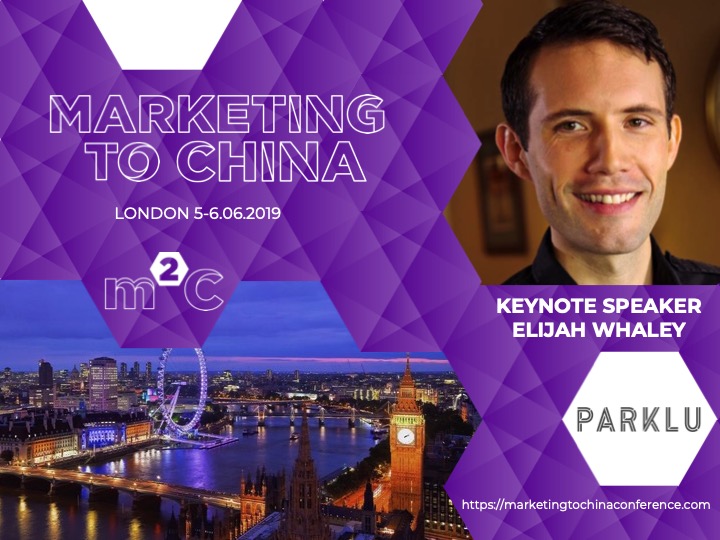
Use promo code “PARKLU” for a special discount!

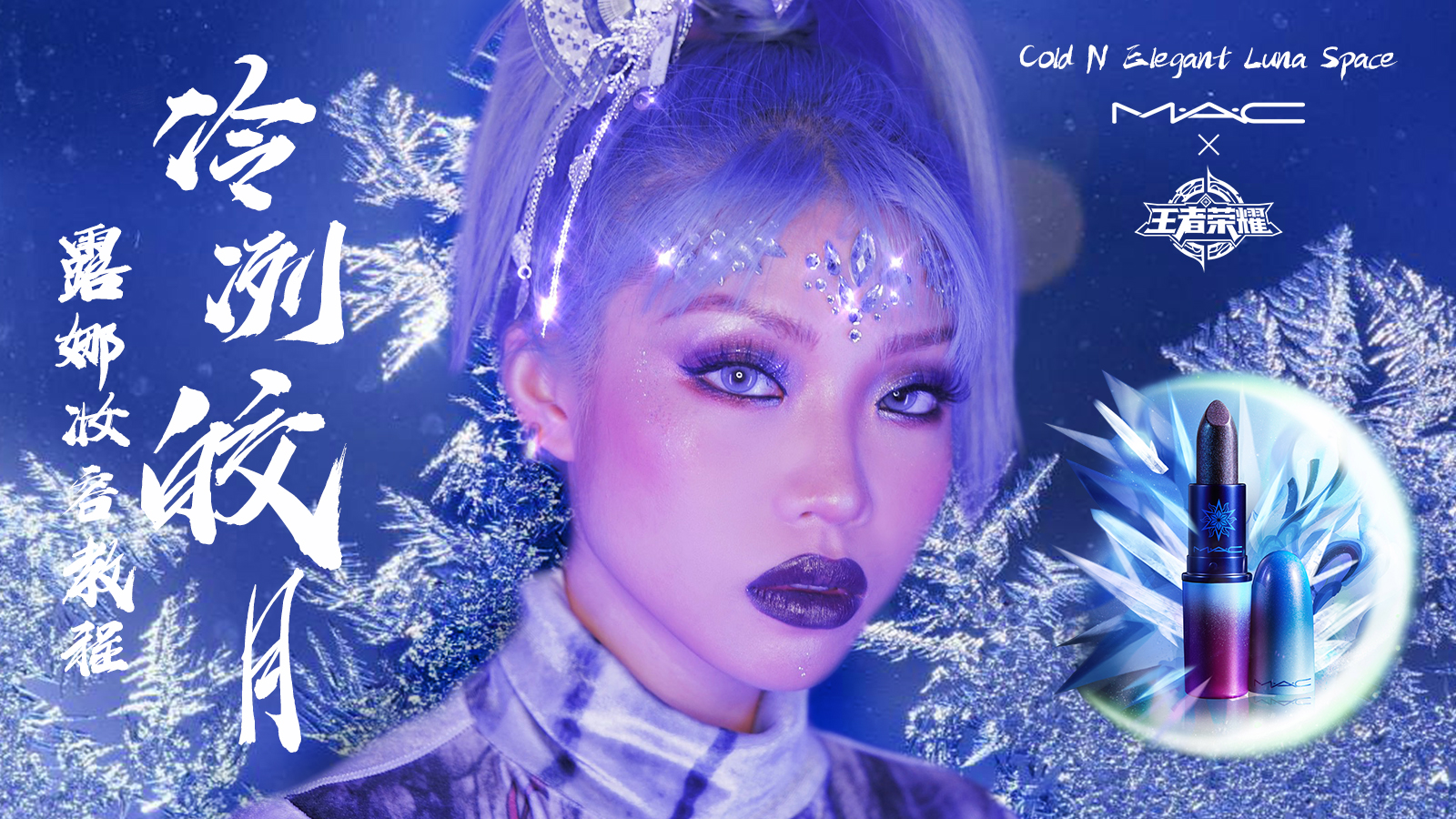
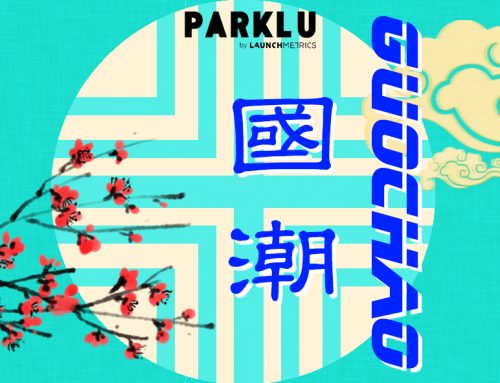

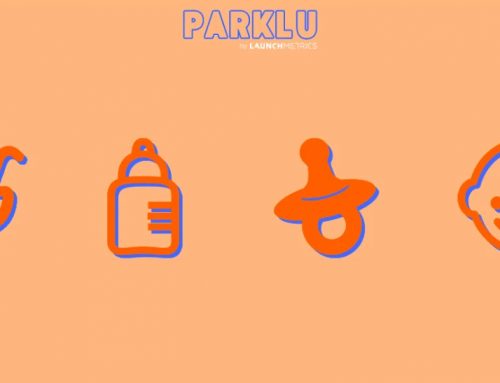

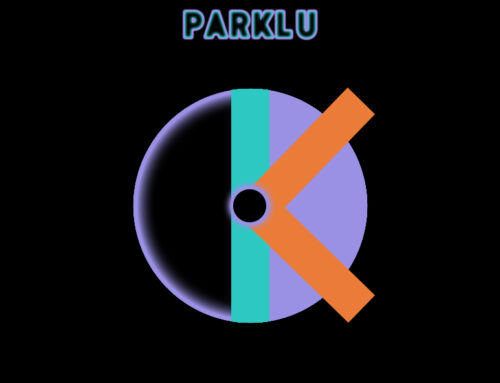
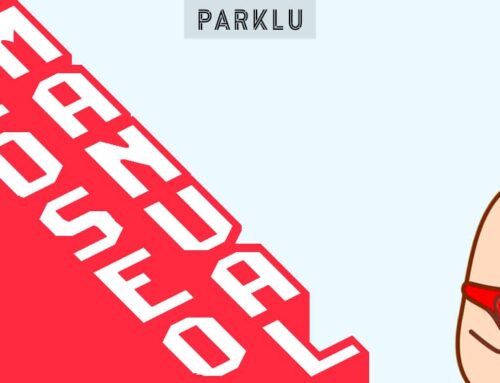
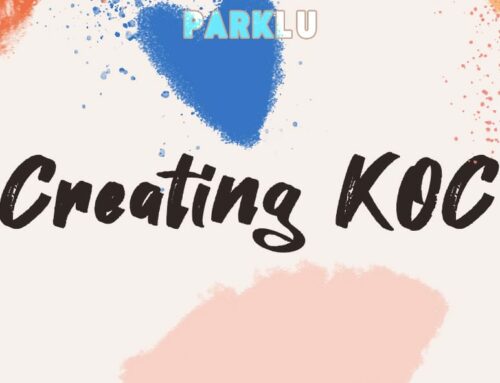
Leave A Comment